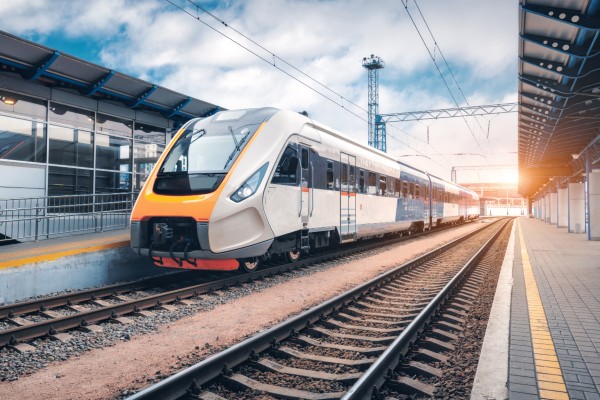
New research has shown that more than half of business travelers will consider rail travel if they are able to do so.According to a survey of 1,000 business travelers, one in five (20%) would make this change to reduce their carbon footprint.A majority of travellers support banning short business flights when a train ride is possible, as similar to the French policy.Trainline's research shows that 90% of UK workers who travel for work prefer taking the train to fly or drive.Concerns about Covid safety and health (41%), lost time at an airport (31%), and environmental impacts (27%) are the main reasons business travellers avoid flying.There are three main reasons to choose trains: faster travel (29%), the ability to work efficiently while on the road (26%), and the convenience of getting a train into the centre of the city (25%).According to the data, 59% of employees who travel for work said they would not drive or take short-haul flights to Europe if Covid-19 restrictions were lifted.Champa Magesh is the president of Trainline Partner Solutions. She stated that business travel will be different when it returns after the pandemic.Employees are likely to plan to reduce carbon emissions from their travels and reduce short-haul flights. This is a long-term trend.Rail is the obvious alternative to air travel, as it emits less than 5% CO2 than air travel, and about 15% compared with car travel per person.She said: This expected surge in passenger demand means that rail operators, travel agents, and businesses must be ready.It is essential that business travelers have rail access in order to take advantage of the opportunities ahead.International rail can be complex because it requires content to be sourced from many suppliers with different specifications and tech standards. Our goal is to make rail travel easier for more companies so that employees can travel greener.
